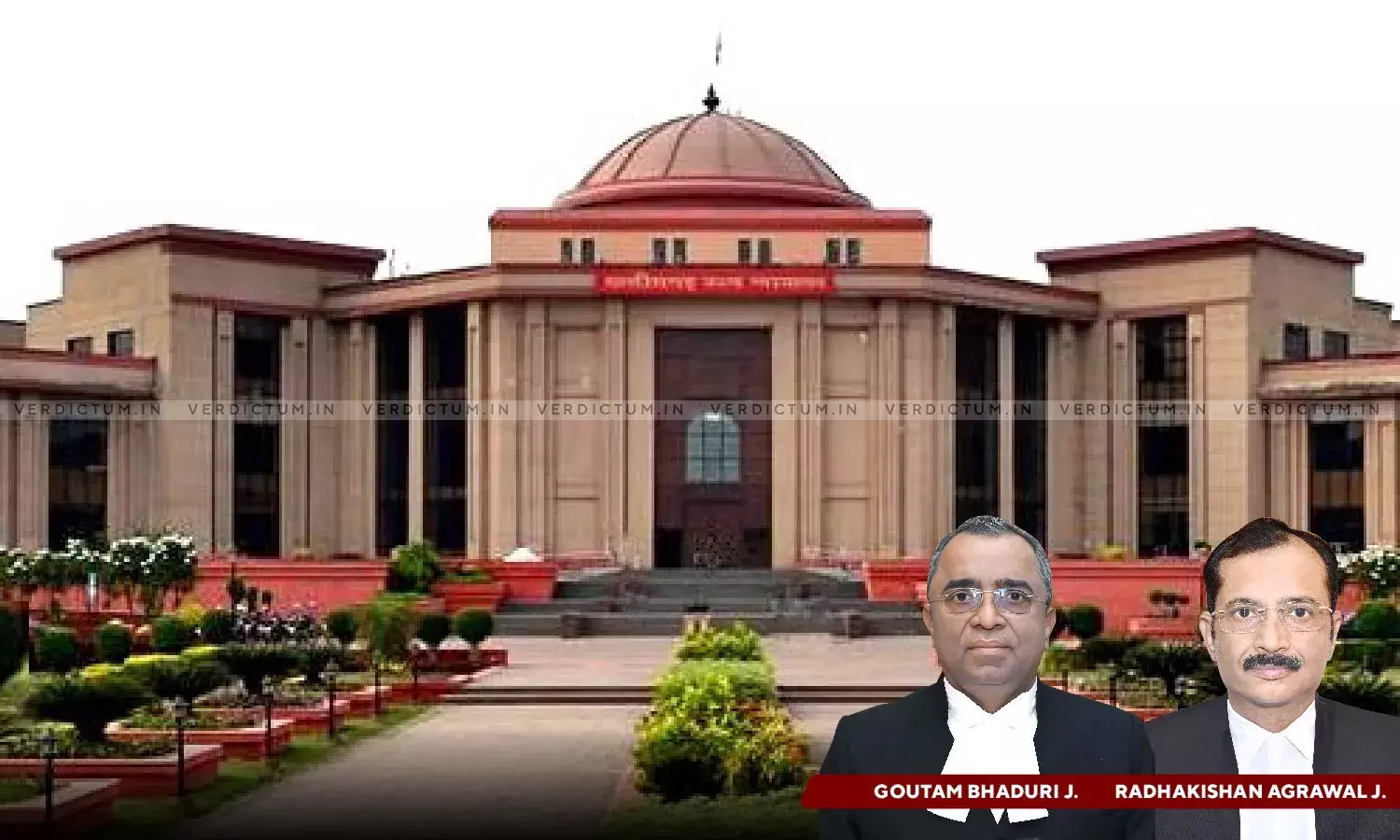Matrimonial Home Not Built with Bricks, But With Love, Affection, Care and Respect Between Spouses: Chhattisgarh HC

The Chhattisgarh High Court has emphasized that the essence of a matrimonial home transcends physical materials, highlighting that love, respect, and care between spouses constitute its true foundation.
"We are reminded of a well-found saying that "a house is built with bricks and stones but a home is built with love and affection". A matrimonial home cannot be built by bricks and stones but only built by love, affection, respect and caring etc. between the spouses," the Court observed.
This observation came during the dismissal of a first Appeal filed by wife , contesting a Family Court's decision to deny her divorce on grounds of cruelty and desertion under Sections 13(1)(i-a) and 13(1)(i-b) of the Hindu Marriage Act, 1955.
In this case, wife alleged abuse and mistreatment by her husband, including verbal abuse, threats, and claims of insufficient dowry. She cited her husband's purported extramarital affairs and abusive behavior as grounds for seeking divorce. However, her husband contested these allegations, denying any wrongdoing and expressing a willingness to reconcile and continue their marriage.
The High Court, presided over by Justice Goutam Bhaduri and Justice Radhakishan Agrawal, carefully examined the evidence and arguments presented by both parties.
The Bench noted wife's departure from the matrimonial home and her avoidance of reconciliation efforts initiated by her husband and his relatives. Despite her accusations, the Court found insufficient evidence to substantiate claims of cruelty and desertion.
In its ruling, the Court underscored the intangible aspects of a matrimonial home, citing the adage that while houses are built with bricks and stones, homes are constructed with love and affection. It also emphasized that the bond between spouses forms the bedrock of a lasting marriage, far more significant than physical structures.
Furthermore, the Court highlighted the lack of concrete evidence supporting wife's allegations against her husband. It noted that baseless accusations of cruelty, extramarital affairs, and demands for dowry could not be considered sufficient grounds for divorce without substantial proof.
"If we examine the pleadings and statement of the appellant, then an inference can easily be drawn that the appellant/wife has always been kept avoiding the company of the respondent on one pretext and or other and her allegations with respect to his illicit relations with one AST, committing marpeet on her on several occasions and also demand of dowry by the respondent levelled by her against her husband are bald allegations as no evidence and material was placed on record to show the attitude and manner of the respondent, therefore, those allegations would not amount to cruelty," the Court said.
The Bench held, "Therefore, the learned Family Court, considering the evidence and material available on record has come to the conclusion that the appellant has been unable to prove her case against the respondent/husband with respect to cruelty and desertion as enumerated under Sections 13(1)(i-a) & 13(1)(i-b) of the Act of 1955."
The Court opined, "...the findings recorded by the learned Family Court are correct findings of fact based on evidence and material, and the same are neither perverse nor contrary to the record; therefore, do not call for any interference."
Consequently, the Court upheld the Family Court's decision and dismissed wife's Appeal.
Cause Title: A v. B
Appearance:-
Appellant: Advocate Surendra Kumar Dewangan
Respondent: Advocate Aman Pandey
Click here to read/download the Judgment

